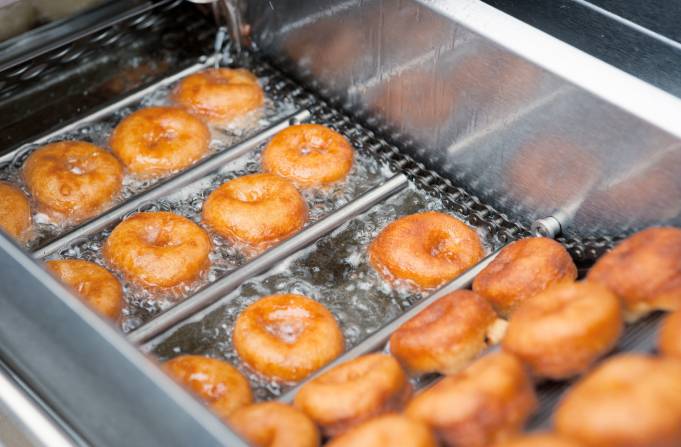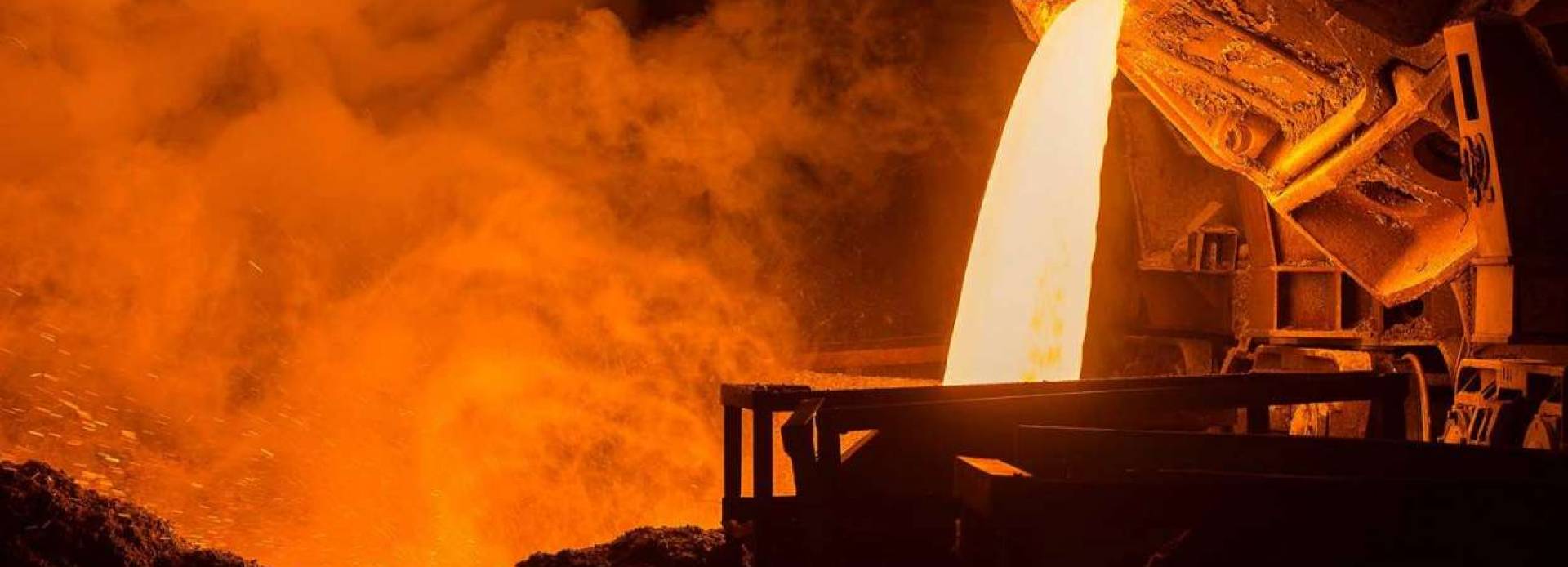
The Organic Rankine Cycle, for its intrinsical characteristics – first of all, the low temperature required for operation – is optimally suited to be used as the basis for heat recovery systems, designed to turn uselessly wasted heat into a valuable resource.
Zuccato Energy ORC systems are able to recover waste heat from most industrial systems involving heat, such as:
The small dimensions and power rating of Zuccato Energy ORC systems make them ideally suited for a distributed installation capable of intercepting heat right where it is generated, without any need for the costly interventions on the main systems required by large-scale plants. This simplifies retrofitting existing plants as well as increasing plant reliability. It also allows unparalleled heat recovery efficiency as it becomes possible to install on each heat dispersion point the most suitable ORC module to recover that specific type and quantity of waste heat .
The most common interface method involves placing fume-to-water heat exchangers in the flue gas circuit of the plant, but there ore other possibilities as well, and the use of water in a closed loop as vector fluid ensures efficiency, safety and simple engineering.
Zuccato Energy modules are exempt from the Italian Fire Prevention Certification (CPI) as they the vector fluid is just plain water and their working fluid is neither flammable nor explosive.Where required, they can also be built in an ATEX-certified configuration.

Metalworking industry is probably the first industry sector that comes to mind when talking about waste heat recovery and, as a matter of fact, most plants already have some kind of steam-based heat recovery system in place to recover most high-temperature heat.
ORC systems by Zuccato Energy howevewer can go one step further, giving the possibility to further increase recovery efficiency, by intercepting the medium-temperature heat still available downstream of the aforementioned recovery systems, thanks to the placement of appropriate heat exchangers in the flue gas circuit of melting or billet reheating furnaces in key locations such as:
The low operating temperature of the Zuccato Energy ORC system opens up further energy saving possibilities through the valorization of low-temperature waste heat that was considered unrecoverable until now, such as:
Zuccato Energy can give full-service engineering support in this field too, thanks to the support of its specialized E.S.Co. partners.
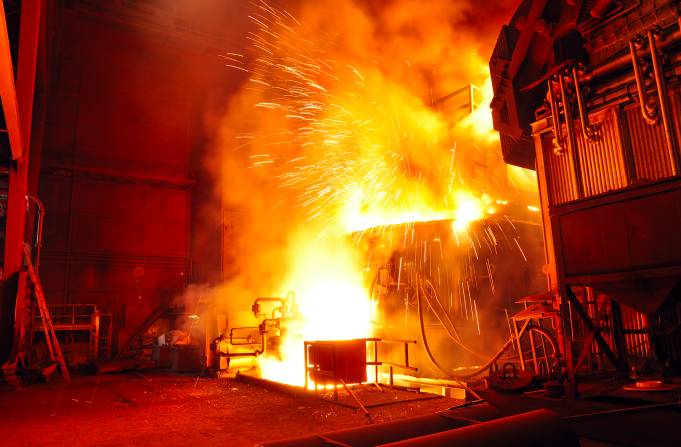

Ceramic tile industry consumes and at the same time disperses huge amounts of energy.
Depending on the type of oven, up to 20% of the thermal energy input of a ceramica kiln goes is dispersed through the flue gases, up to 25% is dipersed through the kiln walls and a whopping 55% is just thrown away to cool the finished product at the end of the firing process.
Zuccato Energy can intervene on several levels to limit this waste.
Consider that enough heat can be recovered from a common 4000-kWT, 7600 kg/h tile kiln, to operate a 175-kWE ORC module by Zuccato Energy, outputting more than 1GWE/year to the power grid, allowing for a very short investment payback time.
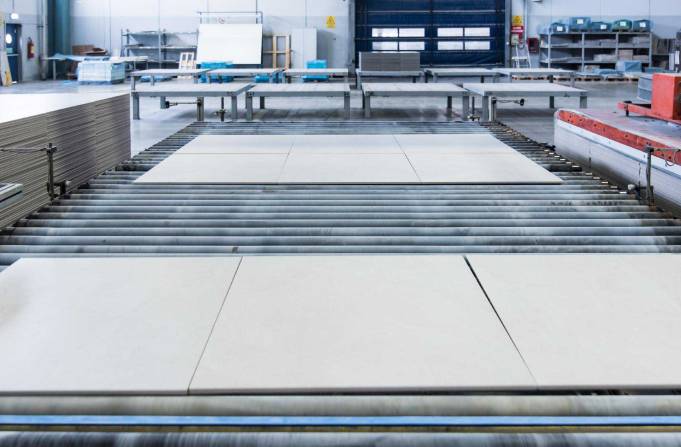

The systems offered by Zuccato Energy represent an optimal solution to increase efficiency in paper mills as well.
The low operational temperature typical of Zuccato Energy ORC modules finally opens up access to the vast quantities of waste heat available in paper mills that until now were considered as unexploitable due to their low temperature.
An example of said waste heat sources are what in Italian paper mills are called fumane, i.e. the air rich in water vapour coming from the paper drying process. This is usually already collected for atmospheric disposal and as such it is relatively easy to insert a fume/water heat exchanger in the circuit to extract all possible waste heat before discharging the residue in the atmosphere.
Zuccato Energy can give 360-degree engineering support in this field as well, thanks to the support of its specialized E.S.Co. partners.
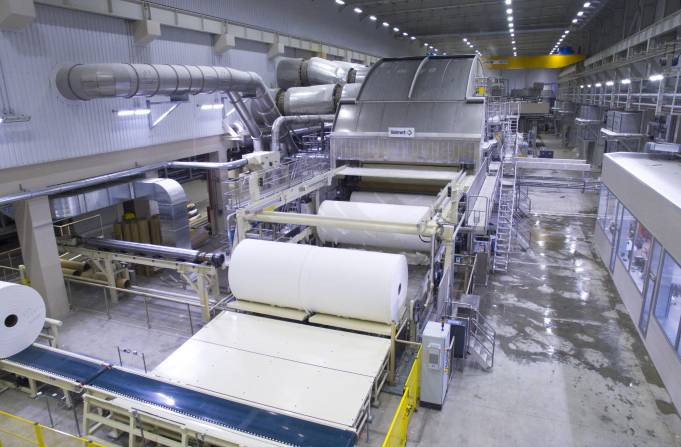

Glass industry has much in common with ceramic industry for what regards the use and dispersion of huge quantities of heat.
The Organic Rankine Cycle modules by Zuccato Energy, by recovering said waste heat as a source for the production of electricity, increase overall process efficiency and allow significant energy savings.
Zuccato Energy is able to give specialized engineering support in this field too, thanks to the support of its specialized E.S.Co. partners.
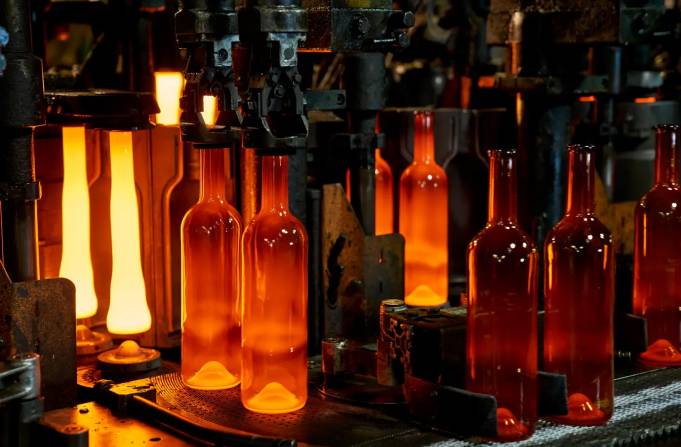

In petrochemical industry there are several processes involving a cooling step; the heat released in those steps can be advantageously recovered by one or more Zuccato Energy ORC modules which, if required, can be produced in an ATEX-certified version for use in dangerous environments.
A few examples:
Zuccato Energy, by enrolling the support of its specialized E.S.Co. partners, can give its customers complete engineering support in this field as well.
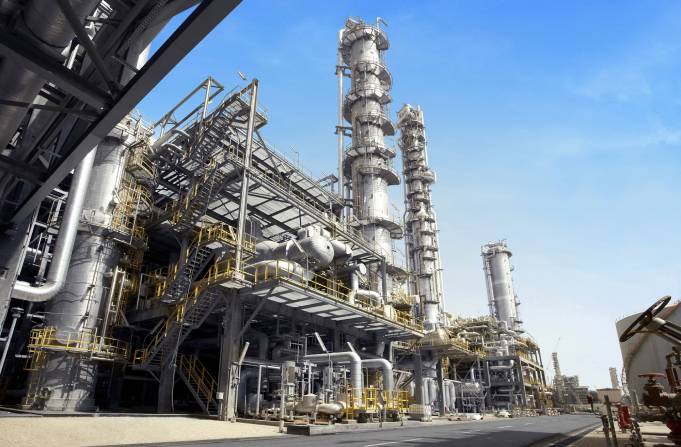

Food industry uses high quantities of heat, but the temperature of wasted heat is usually insufficient for traditional steam-based heat recovery systems.
This is however the arena where Zuccato Energy ORC systems operate best, recovering heat at temperatures even lower than that of boiling water and with a range of module sizes suitable even for smaller firms.
This opens up a wide range of heat recovery possibilities from multiple points of the food processing chain, from ovens to smokehouses, and from essiccators to frying vats.
The small size of Zuccato Energy ORC modules allow for an installation near waste heat production points, thus allowing maximum heat recovery efficiency , while their advanced range of technical specifications makes it possible to find ad hoc solutions for virtually any need in this sector.
Zuccato Energy, by enrolling the support of its specialized E.S.Co. partners, can give its customers complete engineering support in this field as well.
